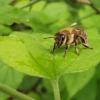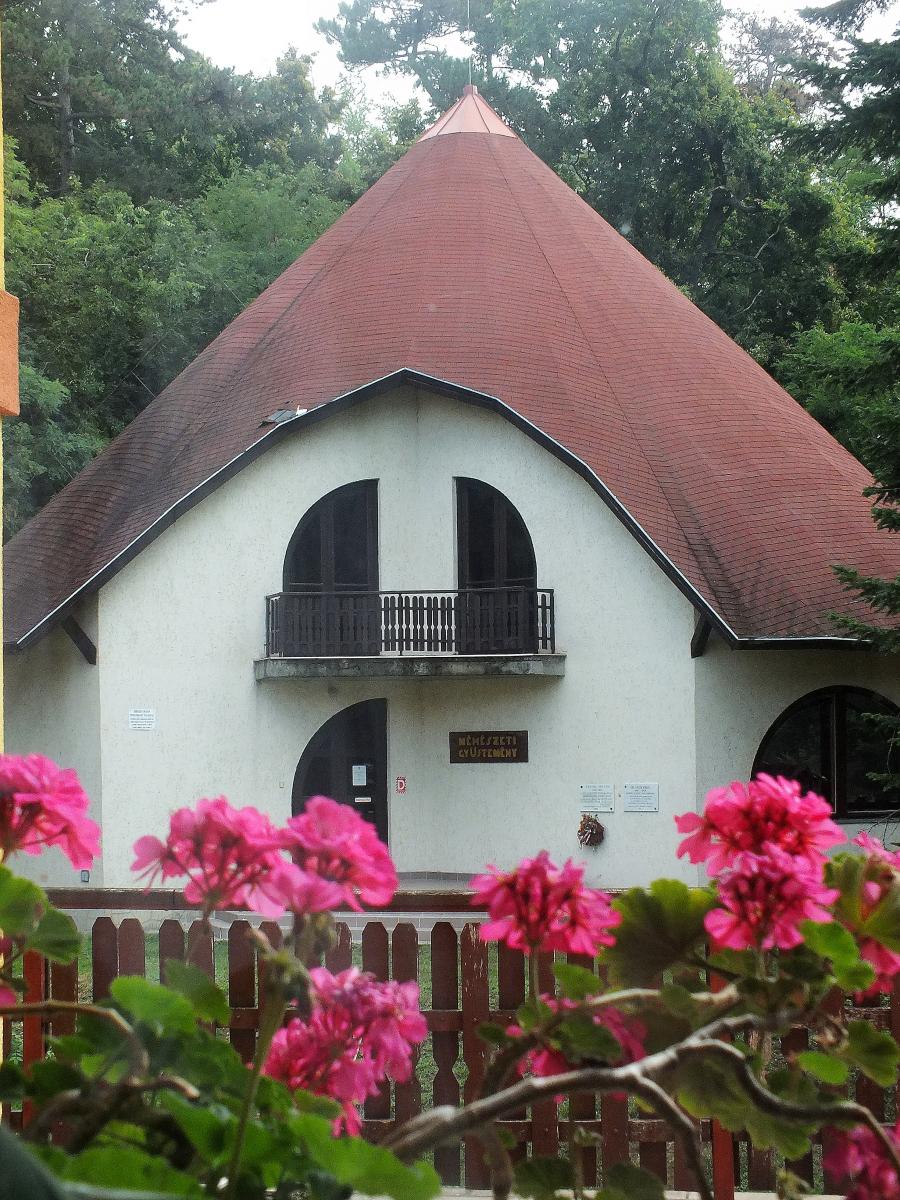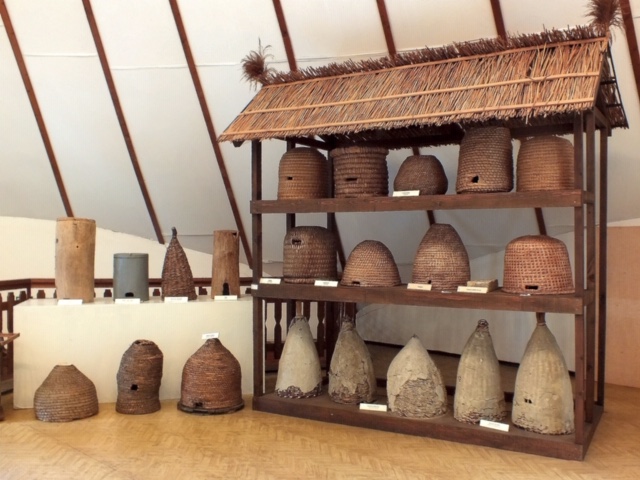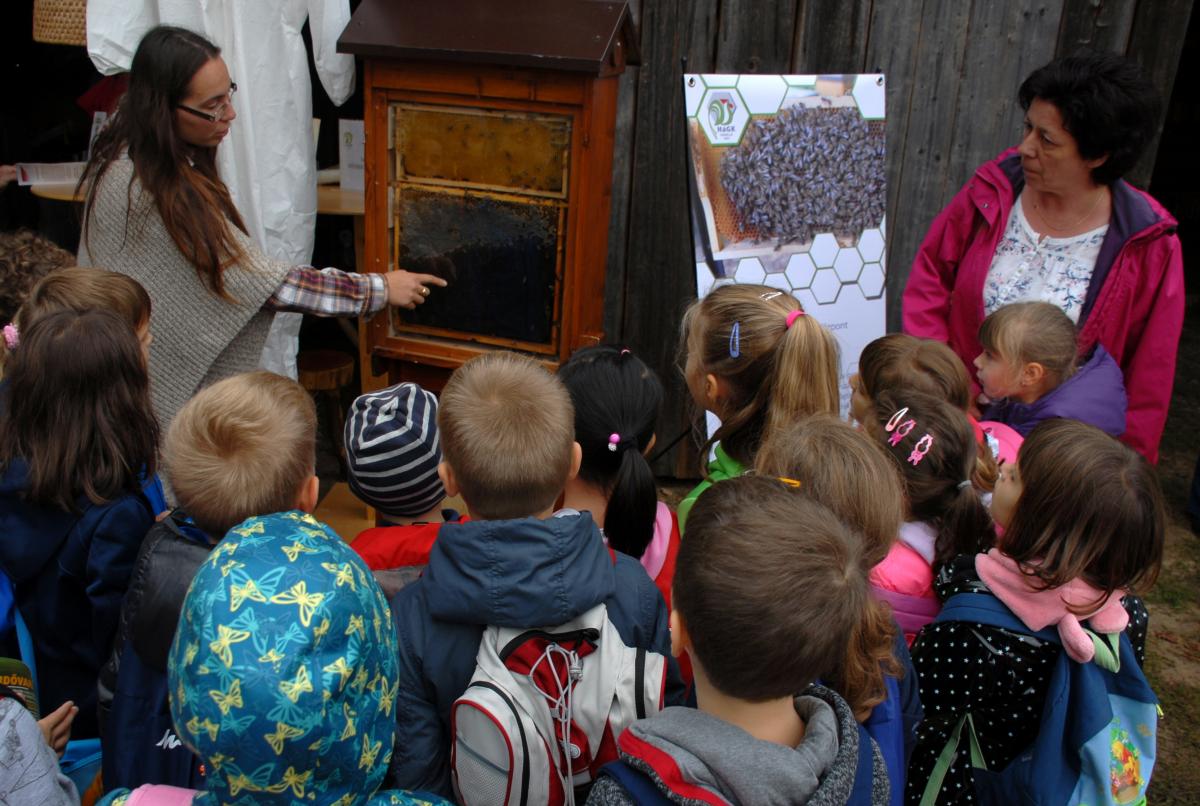
The National Bee Day has been celebrated every year on April 30 - from this time the life really starts in the hives- since 1994, at the initiative of the National Hungarian Beekeeping Association. Its purpose is to draw attention to bees, the importance of their activities, and their indispensability in agriculture.
Unfortunately, the consumption of honey and other beekeeping products is very low in Hungary, so the program also aims to promote the consumption of honey.
We can all be proud that Hungarian beekeepers were the first in the world to call attention to the protection of pollinators by creating a day about them. Since 2018, the United Nations (UN) has designated May 20 as World Bee Day. Pollination is a fundamental process for the survival of our ecosystems. Nearly 90% of the world’s wild flowering plant species depend, entirely, or at least in part, on animal pollination, along with more than 75% of the world’s food crops and 35% of global agricultural land. Not only do pollinators contribute directly to food security, but they are key to conserving biodiversity.
The Department of Apiculture and Bee Biology of the National Centre for Biodiversity and Gene Conservation operates a Museum of Apiculture, and insures for the general public to learn and meet the wonderful world of bees and the everyday life of beekeeping.


